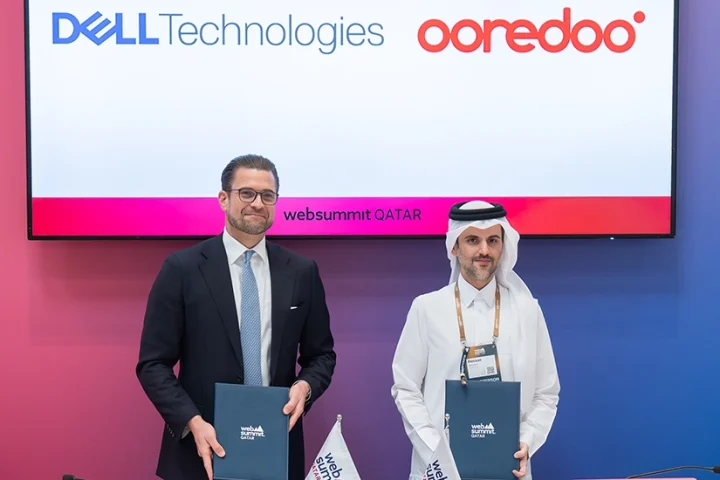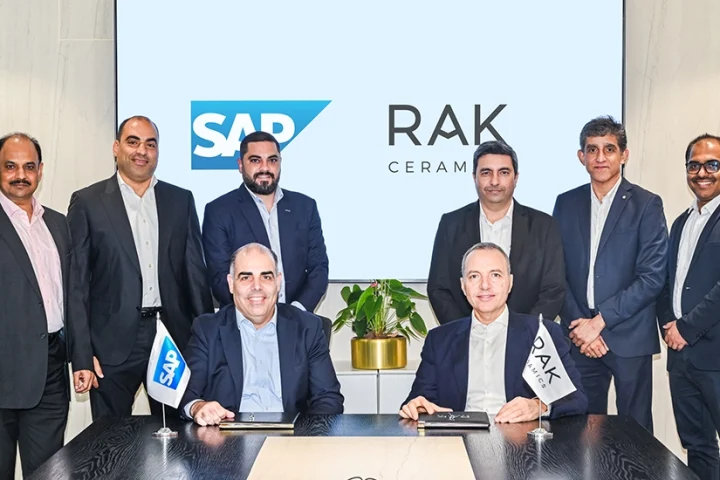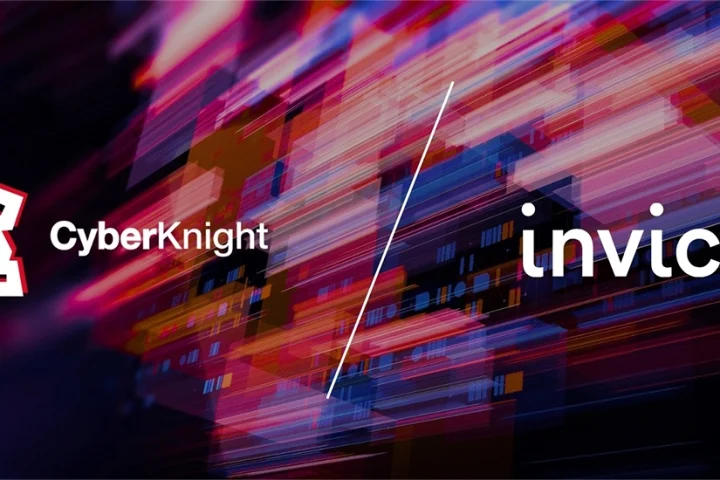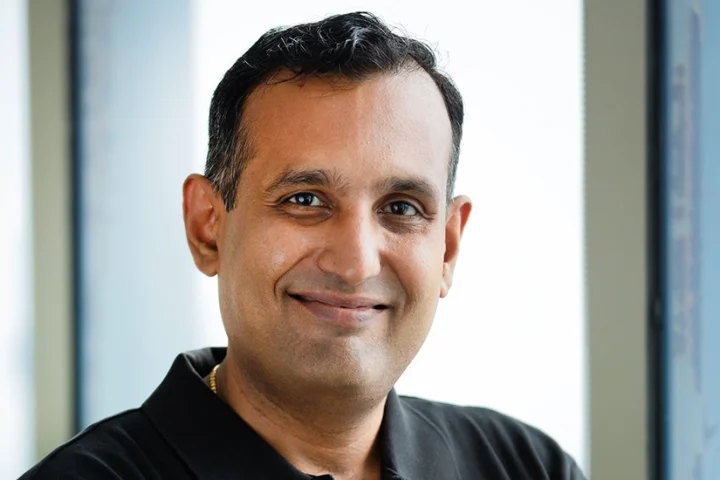With the world on a journey to a digital future in which capability drives possibility and reskilling unlocks reinvention, the environment for talent and skills has become more competitive than ever. In this fast-evolving landscape, it is essential we attract, retain, re-train and continually build the future critical skills we need before we need them.
In the third edition of its Future of Jobs Report, published in 2020, the World Economic Forum (WEF) identified the top 10 skills that will stand employees in good stead for years to come. The skills are divided into four areas – problem-solving, self-management, working with people and technology use and development.
Under problem-solving, the study highlights analytical thinking and innovation, complex problem-solving, critical thinking and analysis, creativity, originality and initiative as well as reasoning, problem-solving and ideation. Self-management covers active learning and learning strategies as well as resilience, stress tolerance and flexibility. Working with people involves leadership and social influence, while technology use and development includes technology use, monitoring and control as well as technology design and programming.
The rising demand for these skills has spurred a global reskilling revolution that is reshaping the future of work and the workforce of the future. Some go as far as to say reskilling is the new recruiting.
The Great Resignation emerged as a buzzword in 2021 in the wake of the COVID-19 pandemic and has since grown into a full-fledged economic trend with its own Wikipedia entry. According to Gloat’s report From the Great Resignation to the Great Transformation, as many as 95% of the workforce were considering quitting their jobs in 2021, while 80% were feeling disengaged at work and 60% were rethinking their career paths. It’s no surprise that 87% of CEOs today report facing more competition for labor and skills, and 71% feel the need to reskill their workforce to grow and adapt, as Korn Ferry reveals.
The journey to a pioneering and progressive people experience that boosts talent attraction, development and retention hinges on implementing a systematic skills framework. In a skills-driven ecosystem where employees’ profiles, preferences and skills progression get matched to open jobs and projects, people are empowered to design their future.
At Ericsson, we are redefining performance management to include skills development, and centering employee evaluation around skills and how they are applied to create value. We design learning and development based on skills rather than job tasks and enable our employees to continually learn new skills that will help them succeed. We have also set up internal talent marketplaces that match skills to roles, projects, tasks and mentoring opportunities. In addition, we maintain core skills and functional skills across the organization and have aligned on a common language of skills.
Our priorities for learning and development include making learning easy, making learning a habit that matters and making learning drive profitable growth. We see our people as the CEOs of their own careers, and we view their upskilling and reskilling in critical areas as a strategic business investment.
Through Degreed, the leading learning and upskilling platform, we have integrated Ericsson Academy learning content into a mobile-first interface, tailored to the skill profile of each employee, supporting our core learning processes with an improved user experience.
Facing a future that is ever more digital, we remain committed to ensuring it is also ever more human. 5G enables great connections that transform the ways we do things, open radio access networks (O-RAN) bring transparency that makes access work better, and Internet of Things is fast becoming the Internet of Everything. With AI and machine learning, better training makes for smarter decisions, while cloud enables uninterrupted access to collective capability. Application programming interfaces (APIs) ensure that interconnection is always intentional, and data science has taught us that every voice matters if we listen carefully.
At Ericsson, we leverage technology to power our skills-based organization. This involves embracing enterprise solutions which are rapidly including skills or stacking niche, boutique solutions that allow our employees to track skills development progress and hone skills in the flow of life.
Our shift to skills is all about systematically building the skillsets and mindsets to win. We passionately believe that the future belongs to learners, and our highest calling is to help our people realize theirs.
















